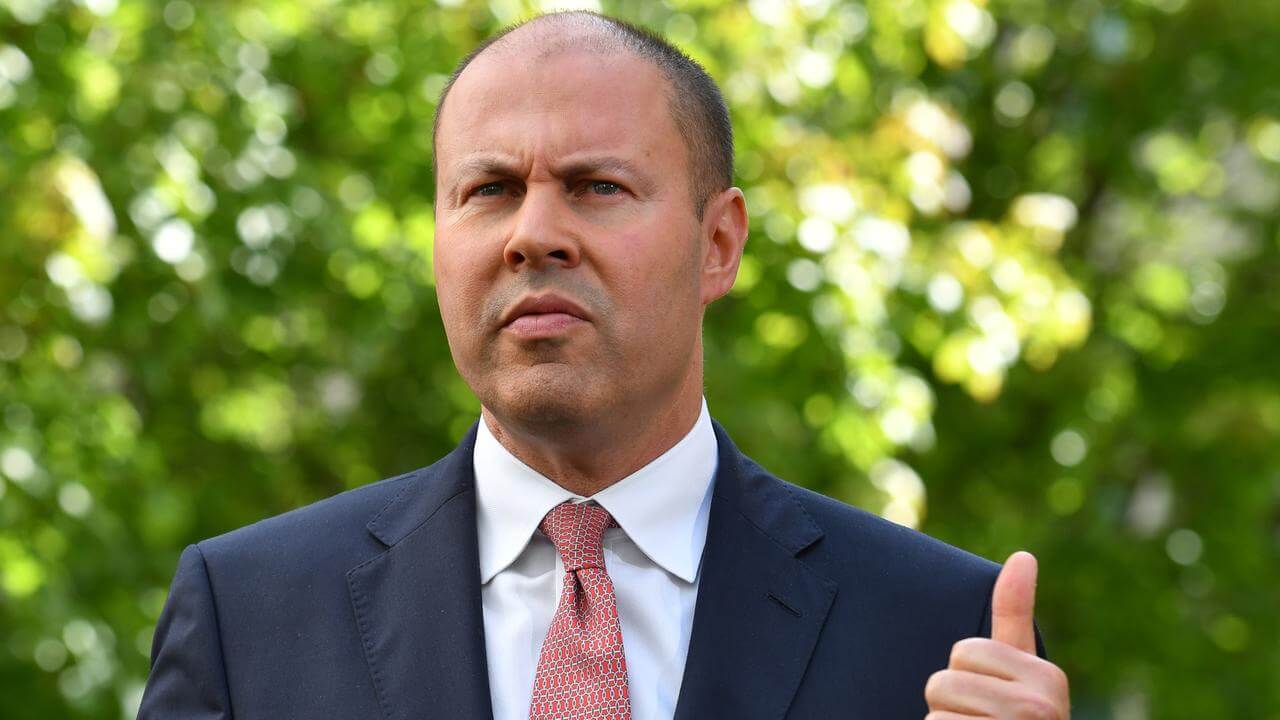On Friday, Australian Treasurer Josh Frydenberg said his country had been subjected to economic coercion by China through various trade disputes. However, he reaffirmed that Beijing would continue to rely on Canberra for resource exports.
Speaking at a Reuters Breakingviews event, Frydenberg said China would be hard-pressed to find a substitute for Australia’s iron ore exports, which fuels its massive steel industry. He added that Australia is the world’s largest exporter of iron ore, which is also the country’s largest export earner.
In 2019-2020, iron ore exports accounted for 56% of all Australian goods exported to China. Despite the trade war, China has bought more goods from Australia this year. In fact, as of August, the value of Australia’s exports to China in 2021 increased by 24% from the previous year to $135 billion. This rise is largely due to the export of iron ore, for which China is heavily dependent on Australia.
Earlier in September, while discussing the impact of an ongoing trade war between Australia and China, Frydenberg said, “[the Australian] economy has shown itself to be highly resilient” and that Beijing’s economic coercion would not deter Canberra.
The souring of relations between both countries over COVID-19, human rights abuses, attempts to change the status quo in the Indo-Pacific region, and aggression against Taiwan has led to China impose trade sanctions and restrictions on Australian exports.
Since early 2019, China has imposed anti-dumping duties and restrictions on several Australian products, including wine, timber, cotton, barley, sugar, lobster, coal, and copper ore. Bilateral ties further deteriorated when Australia demanded an independent inquiry into the origins of COVID-19.
In response to the several trade tariffs, Australia abandoned China’s ambitious Belt and Road Initiative (BRI) and banned Chinese companies Huawei and ZTE from the rollout of 5G network in the country. Moreover, Australian diplomats have accused Beijing of violating international trading rules and approached the World Trade Organization (WTO) to resolve the dispute.
Australia’s representative to the WTO, George Mina, said: “China’s tactics included arbitrary border inspections, unwarranted delays on import licences and the imposition of unjustified anti-dumping and countervailing duties which had severely limited or ended trade across more than a dozen Australian commodities.”
The @WTO Trade Policy Review process is an important way of shedding light on Members’ policies and practices.
— George Mina (@AusWTO) October 20, 2021
Read Australia’s Statement on China’s Trade Policy Review today 👇🏼 pic.twitter.com/9CqtNvv7cA
More recently, Australia has accused China of attempting to change the status quo in the Indo-Pacific region by expanding military and economic influence. China, meanwhile, has countered that Australia is violating its “one-nation” policy by supporting Taiwan and establishing diplomatic ties with the island nation.
Moreover, Australia entered into the AUKUS military partnership with the United States and the United Kingdom to counter China’s growing influence in the Indo-Pacific. Under the partnership, Australia will build a fleet of nuclear-powered submarines with the technology shared by its partners. Following the signing of the agreement, China slammed Australia for stoking tensions and claimed that the partnership undermines nonproliferation norms.

